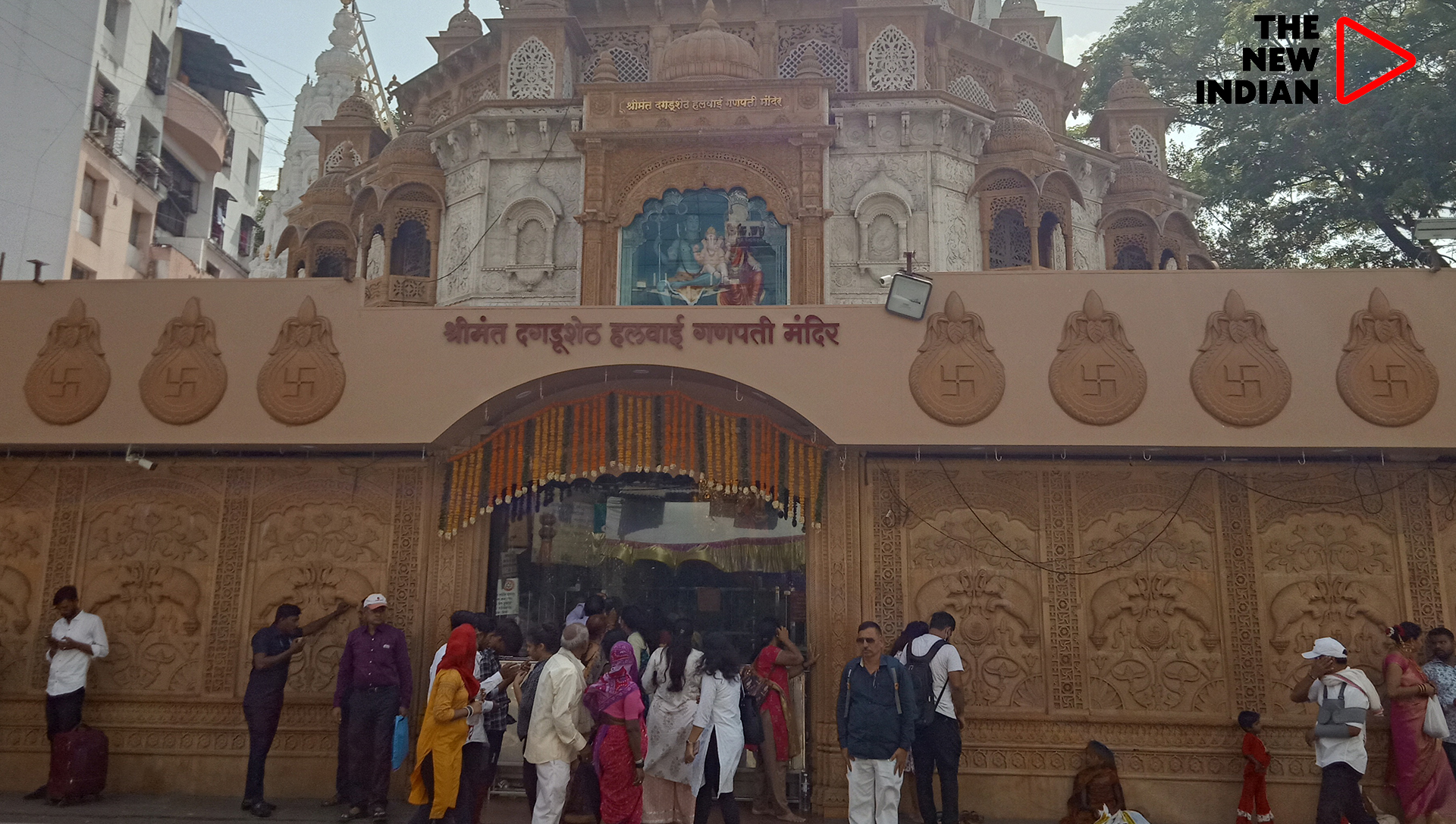PUNE: One can sense an air of excitement and the buzz in the city that is hosting a prominent sporting spectacle. The massive billboards, general chatter and excitement to flock to the stadium are eloquent imprimaturs of the buzz. In 2022, Pune hosted 13 Indian Premier League matches and people made a beeline to throng to Maharashtra Cricket Stadium (MCA) to witness the pulsating contests.
The stadium was packed to the brim during most of those matches as the city celebrated the sporting extravaganza with palpable exuberance.
In sharp contrast, the Women’s T20 Challenge tournament, which the city is hosting at present, hasn’t generated much curiosity. As The New Indian had mentioned earlier, the matches of this tournament attracted only a handful of spectators in the stadium. The quality of cricket is pretty good but there are few to applaud it. The story is the same outside the stadium as well.
As The New Indian visited different parts of the city, it didn’t find many takers for the tournament. Most of the people are not even aware that any such tournament is taking place in the city. Even the swinging pubs of Koregaon Park, which telecast cricket matches for their visitors, were devoid of any chatter about women cricketers and the tournament.
When The New Indian reached Shaniwarwada Fort and Dagdu Seth temple in the old city on Friday, they had more visitors than the stadium. As the reporter talked to a few people on the bustling streets, almost everyone was oblivious about the Women’s T20 Challenge tournament happening in the city.
Sensing the utter disinterest, the reporter also shifted his focus on enjoying the city’s zeitgeist.
Dagdu Seth temple and Shaniwarwada Fort are two most prominent landmarks in the city. Situated at a distance of just one 1 km, people mill around in droves at both places. The 130-year-old temple is one of the oldest and most revered holy places in the city. As one enters the lane, a host of small shopkeepers urge you to buy ‘prasada’ for the celebrated deity.
The temple is named after Shrimant Dagadusheth Halwai who built the temple and installed the idol in the memory of his two sons who had died due to plague in the late 1800s.
Shaniwarwada Fort has the air of faded grandeur as most parts of the fort have fallen to ruin. Only a small section of the fort is open for visitors and the upkeep is middling. Peshwa Baji Rao, prime minister to Chattrapati Shahu, laid the foundation of the fort on Saturday, 10 January 1730, and hence the fort is called Shaniwarwada.
Apart from the large statue of Bajirao in the premises of the fort, one doesn’t find historical texts, portraits or even old military paraphernalia. The 2015 movie, made by Sanjay Leela Bhansali, has made the name of the fort known to the younger generation outside Pune. But one is left with the feeling that the state of the fort doesn’t quite measure up to its glowing reputation.
Away from the old city, Koregaon Park is the nerve centre of swanky pubs and modish restaurants. It’s a de rigeur for youngsters and the city’s glitterati. Plush bungalows and a battery of expensive cars are also the order of the day in this part. Koregaon Park also has a serene and sprawling Osho Ashram. The entire arcade has plenty of trees on both sides and works as a canopy.
While people reel under the heat and humidity during summers in the old city, they let their hair down and indulge in hedonistic explorations in Koregaon Park. The contrast couldn’t be more divergent.
Roaming around the city, one sees the strong influence of Marathi culture in the old city – be it the fort, temples, literature, food or language – and that is why it is called the cultural capital of Maharashtra. But in the last two decades, the city has acquired a more cosmopolitan veneer since the explosion of the IT sector. Now it is a home to screaming skyscrapers, a welter of IT companies and divergent cultures.
As one steps out of the old city, one can witness fabulous diversity, be it culture, languages or food. Both these divergent worlds co-exist with ease in Pune.













